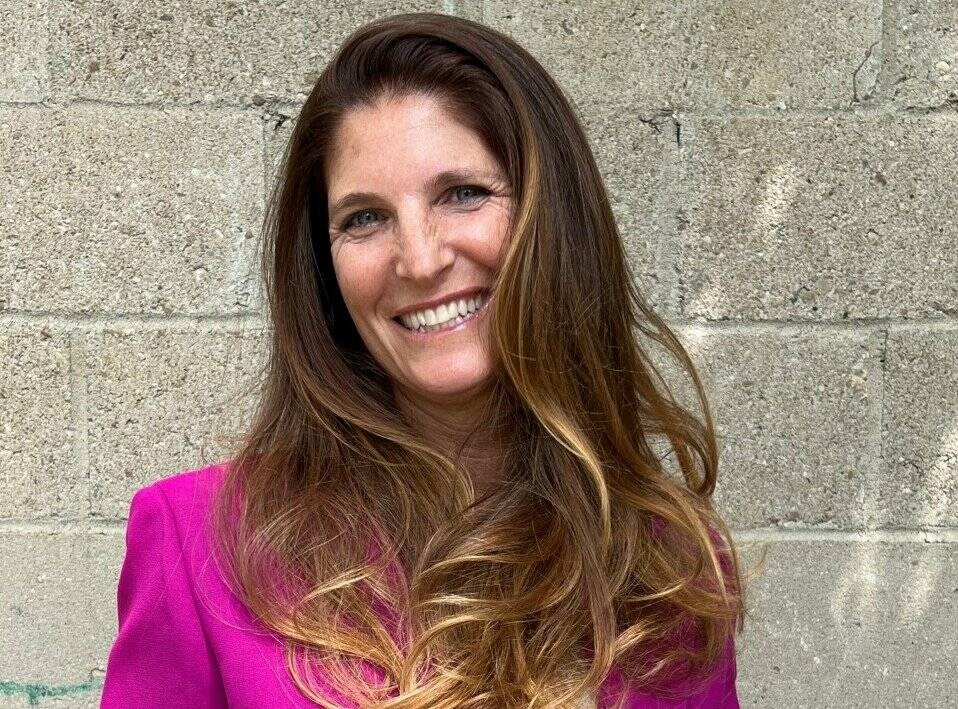Dear Lisi: My daughter is extremely bright and very passionate about whatever has caught her interest at the moment. As a child, she was a serious soccer player, and we spent all our time shuttling her to and from games. She was a strong athlete and very intense about the sport.
In high school, the pressure of being an elite athlete and keeping up her own A+ average started to take its toll on her health. Her mother and I didn’t realize that she was staying up all night to do school work, and was thus sleep-deprived. She always made her own school lunches, and as her mother and I would drive her to school, she’d always have an apple or banana in her hand, so we assumed she was eating both breakfast and lunch. Dinners were often on the fly because of her soccer schedule.
We realized she wasn’t eating when we got a call after she passed out on the field. She was able to come back from that with a lot of support from us, a nutritionist and a therapist. Unfortunately, she couldn’t keep up the soccer and her team went on without her.
She’s now in university, studying hard in her major to get where she wants to be, and she has started coaching soccer. When I talk to her on the phone, I hear the intensity in her voice, the rush, and the pressure she puts on herself to do the best she can at her studies while also giving everything to the kids she’s coaching. I’m worried she’s going to stop eating again and no one will notice because she’s not at home.
Worried dad
Your daughter is older and more mature. If her school is close enough that you can go out and see her, I suggest taking a drive and meeting her for a meal, specifically. You’ll know when you see her, and how she behaves at the restaurant, whether you need to worry.
Then talk to her, openly. You’re allowed to be a concerned father, and she will appreciate your love and caring.
Dear Lisi: My best friend wears her heart on her sleeve and soaks her sorrows in the bathtub. I always know when she’s down because she’ll tell me she’s in the bath every time I call. And she is.
Last week she and I went out for dinner. I could tell something was off, but she wasn’t being forthcoming. This wasn’t like her because normally she talks openly with me. I was worried, so called her the next day. She was in the bath and said she’d call me back. She never did. I decided to pop by the next day, and she answered the door in her towel. One look and I knew she’d been crying.
I begged her to tell me what’s wrong and she wouldn’t. She just asked me to leave, which I did reluctantly. I’m worried about her. What can I do?
Tub troubles
Keep calling and popping by. Your friend sounds like she’s going through something intense and she’s going to need your support, even if she won’t acknowledge it right now. Stay connected, stay in touch, keep knocking on her door. You’re a great friend. If you think it’s more serious, call her family.
You didn’t mention anyone else, as in a partner, but I can’t help but wonder if your friend is being abused in some way. I’m not jumping to conclusions, but something in your letter is making me think this might be a possibility. Drop by at a different time tomorrow and look at your friend carefully, then insist on taking her out of her house so she can talk freely.
FEEDBACK Regarding the doctor who wishes to write a book (April 3):
Reader — “Your advice was spot on. The brother and his wife, who ‘don’t seem to be on the same wavelength’ sound to be showing their misunderstanding of the value of books and narrative at the least or showing their jealousy and envy of their clearly successful brother at the worst.
“One need only Google ‘doctors who have written books’ to see the vast contributions made by people with a unique perspective on the human condition, both nonfiction (Atul Gawande’s several and varied contributions) and fiction (Daniel Kalla’s thrillers). Even poetry like In Flanders Fields has been written by doctors. It’s absurd to mock someone for wanting to write a book, and it suggests that the mockers know very little about the process of writing themselves.
“Most people have a good story in them. Professional people need to know that writing is something that can be learned.”
Lisi Tesher is an advice columnist based in Toronto. Send your questions to [email protected]


